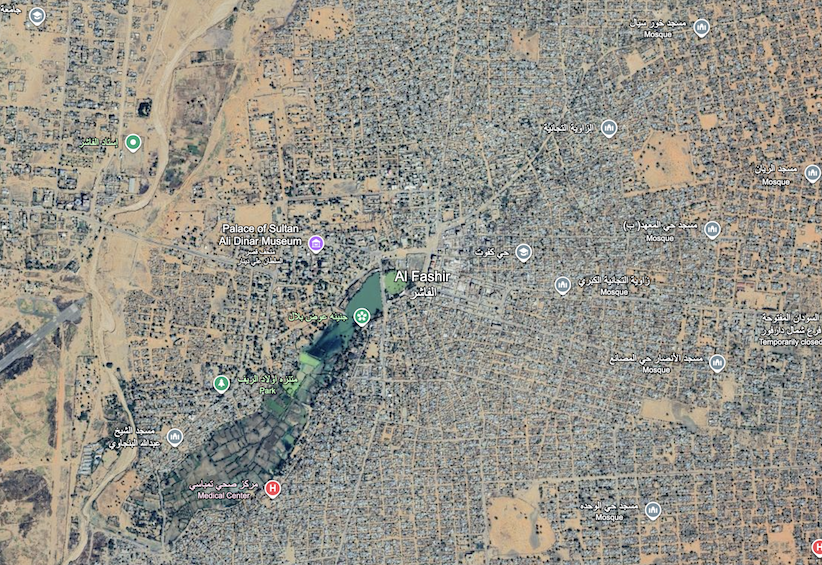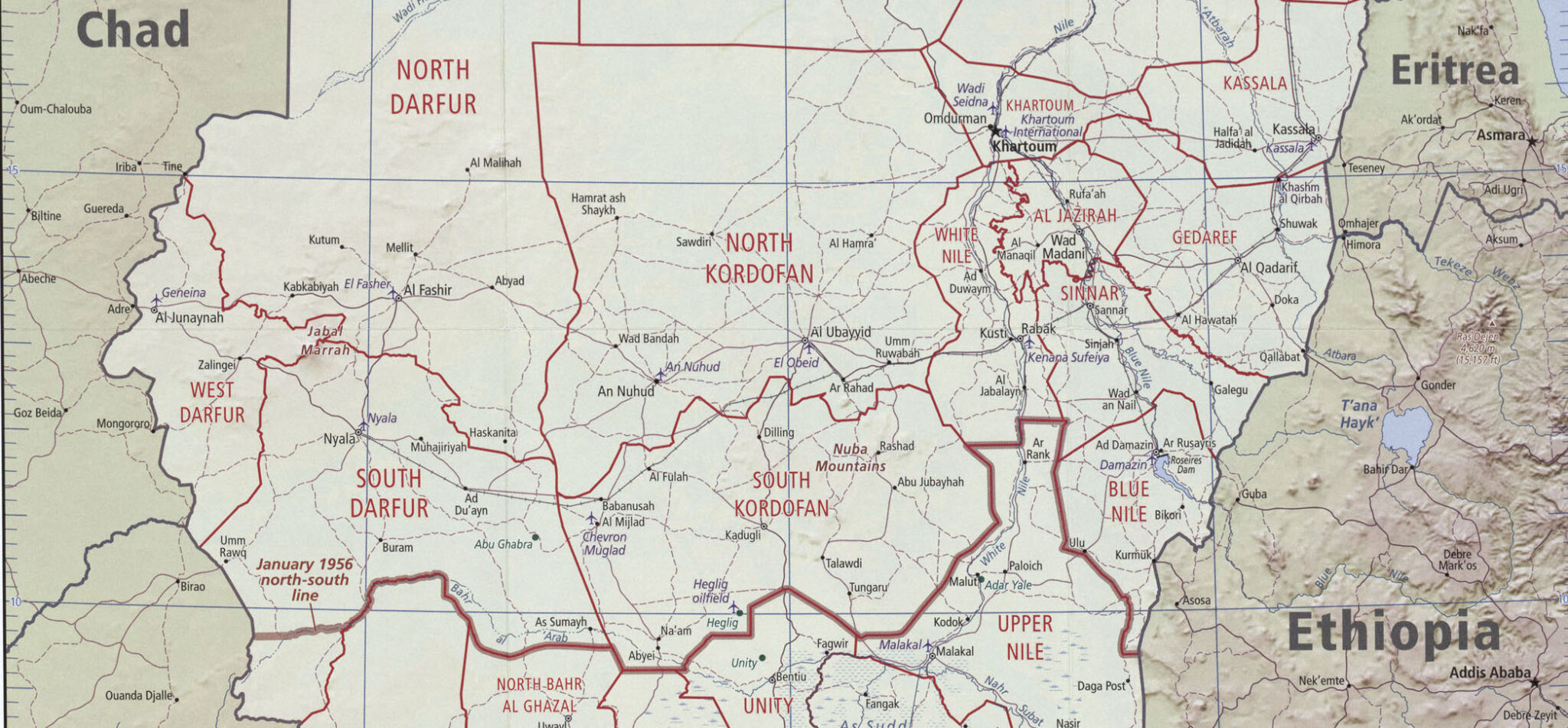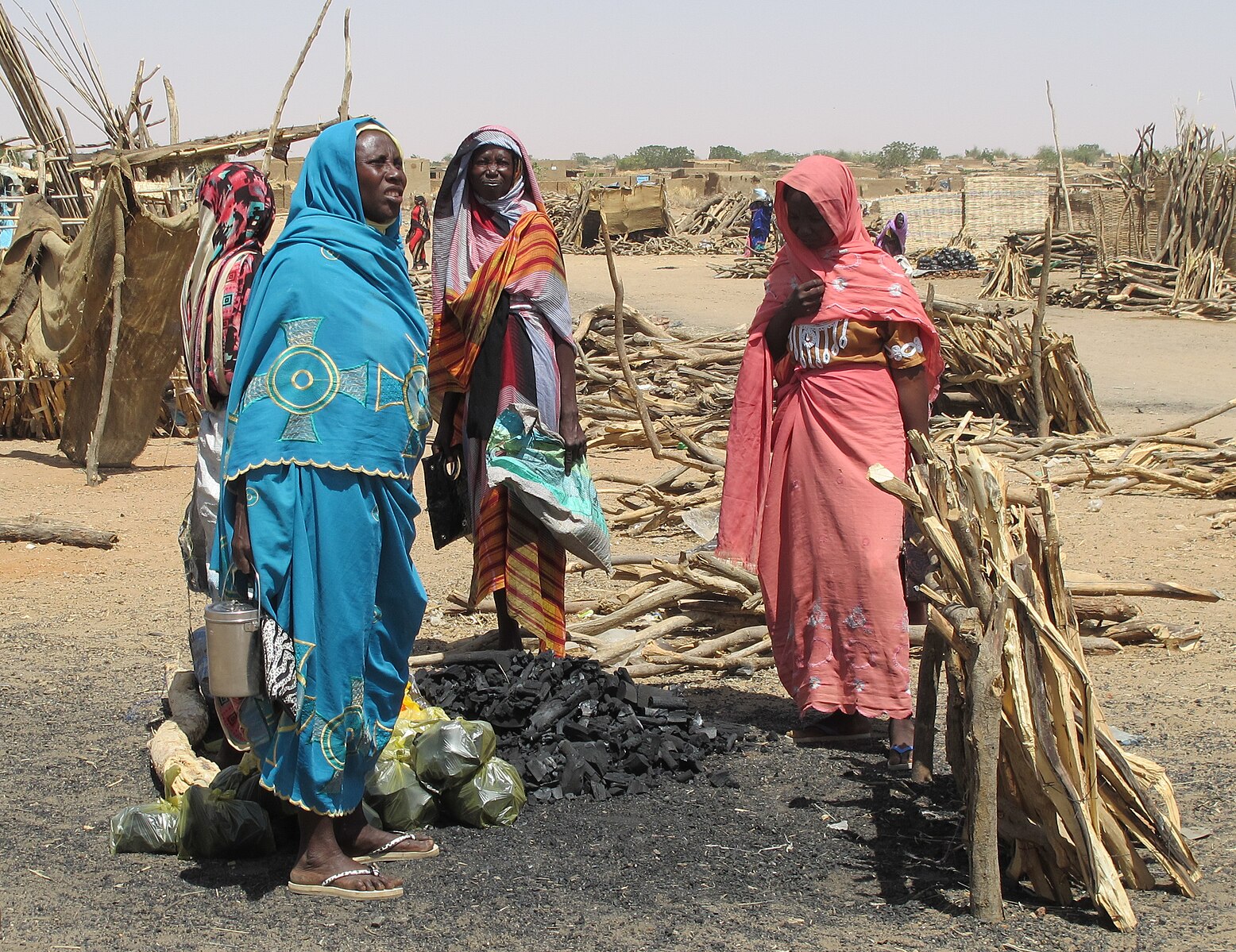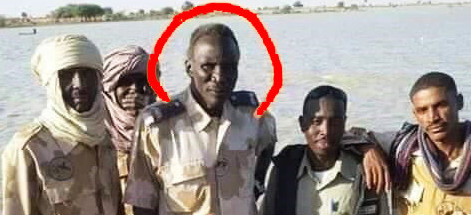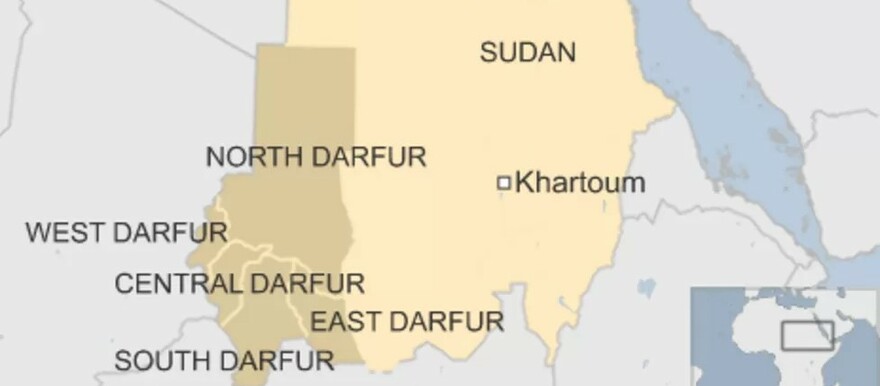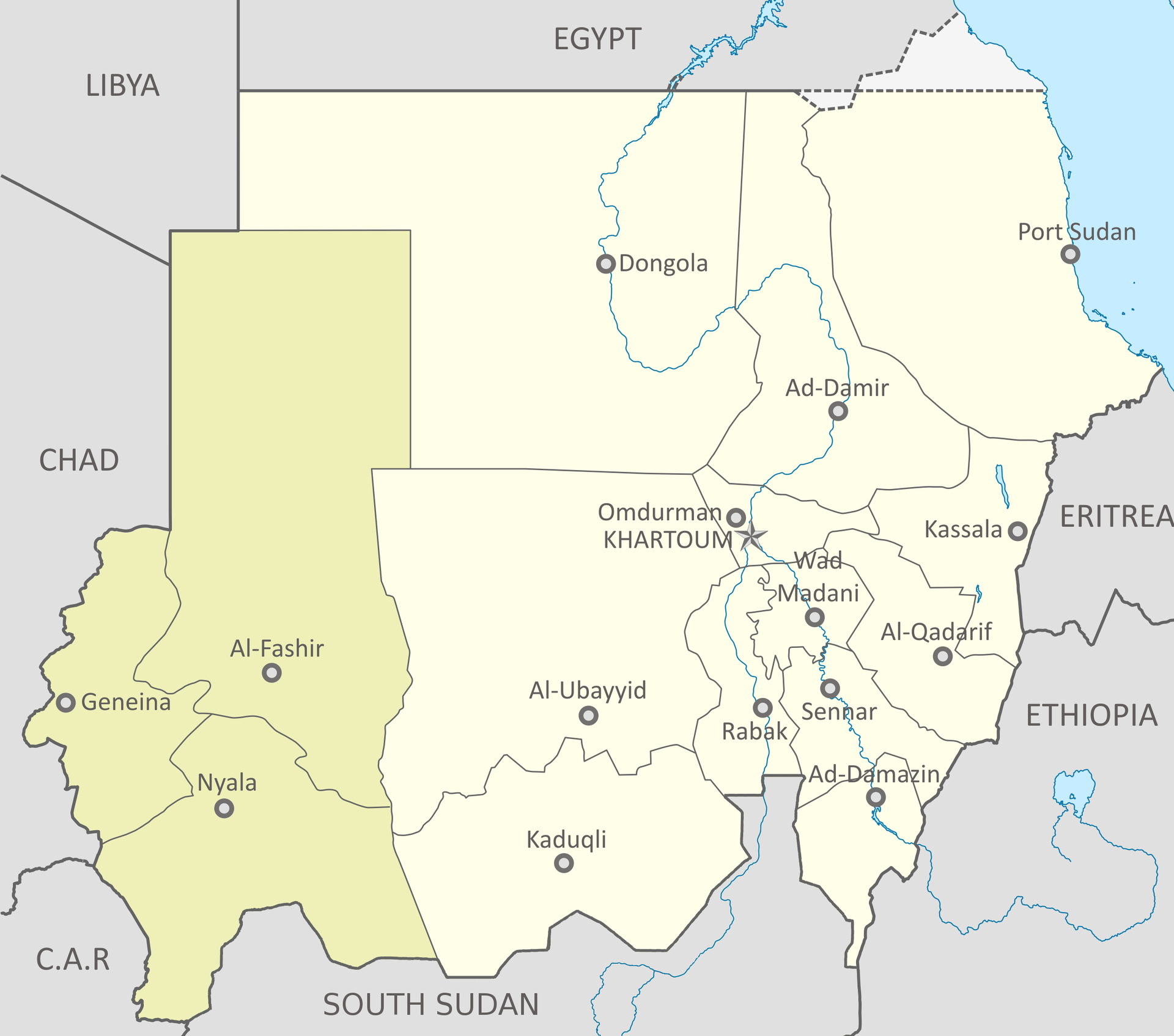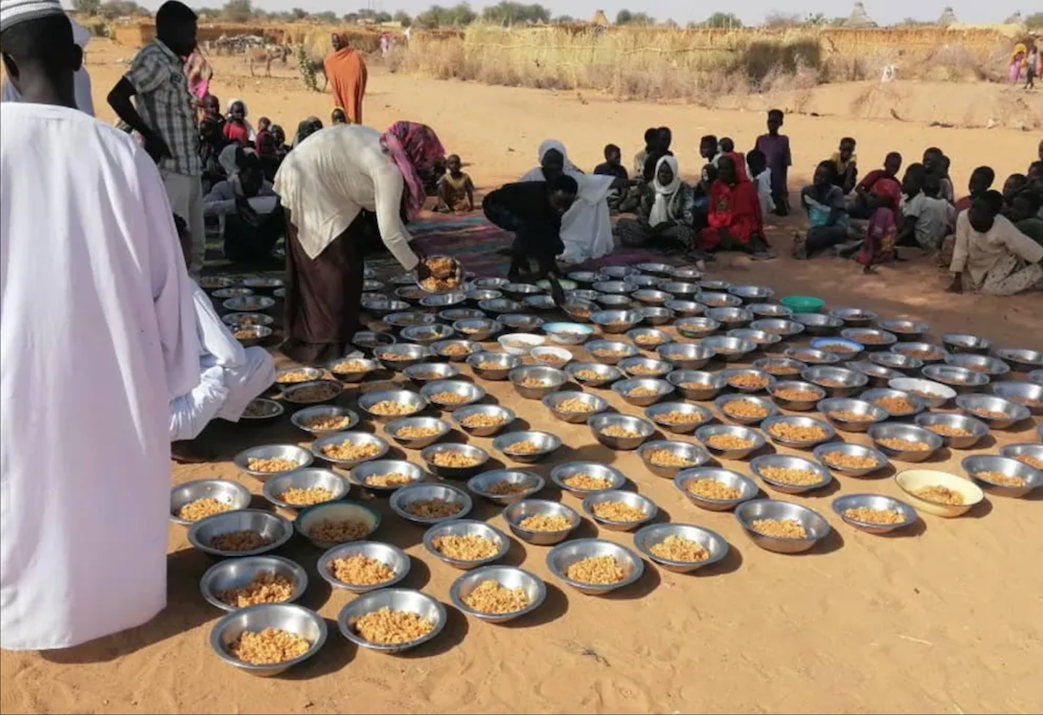
Sudan: UN reports atrocities at Darfur IDP camp
The UN Human Rights Office published a report detailing its findings of atrocities committed during a three-day assault by the paramilitary Rapid Support Forces (RSF) on the Zamzam camp for internally displaced persons (IDPs) in Sudan’s Darfur region. The wave of attackstook place in April of this year, when the camp fell to the RSF, and were found to constitute grave violations of international humanitarian law and human rights law. The report’s key findings include the killing of at least 1,013 civilians. The report documented widespread summary executions, torture, sexual and gender-based violence, abductions, and enforced disappearances. During the assault, the RSF pillaged food and livestock, looted shops and homes, and burned down houses. UN High Commissioner for Human Rights Volker Türk called for an “impartial, thorough, and effective” investigation to hold those responsible for the atrocities accountable. (Photo via UN News)



